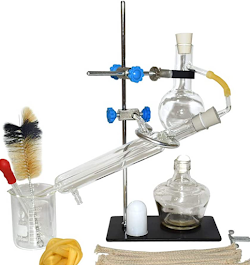Nikola Tesla: The Visionary Genius That Electrified the World
Nikola Tesla was a Serbian-American inventor, electrical engineer, and physicist who is best known for his contributions to the development of the alternating current (AC) electrical system. He was born on July 10, 1856, in Smiljan, Croatia, which was then part of the Austrian Empire. Tesla was the fourth of five children in a Serbian family.
Tesla attended the Austrian Polytechnic in Graz, Austria, and the University of Prague in Czechoslovakia. He began his career working for the Central Telegraph Office in Budapest, Hungary, and later for the Edison Machine Works in New York City.
Tesla's most significant contributions to science and technology were in the field of electrical engineering. He is best known for his work on the development of the alternating current (AC) electrical system, which is still used today to transmit electricity over long distances. Tesla's work on AC electricity was in direct competition with the work of Thomas Edison, who was promoting direct current (DC) electricity at the time. In the so-called 'war of currents', Tesla's AC system ultimately won out over Edison's DC system.
Tesla also made important contributions to other areas of science and technology. He was an early pioneer of wireless communication, and he invented the Tesla coil, which is a device that generates high-voltage, low-current electricity. He also worked on the development of X-ray technology and contributed to the development of the radio.
Despite his many contributions to science and technology, Tesla struggled with financial problems and was often overshadowed by his contemporaries. He died on January 7, 1943, in New York City, at the age of 86. However, he has since been recognized as one of the most important inventors and scientists in history, and his work continues to influence the development of new technologies today.




Comments
Post a Comment